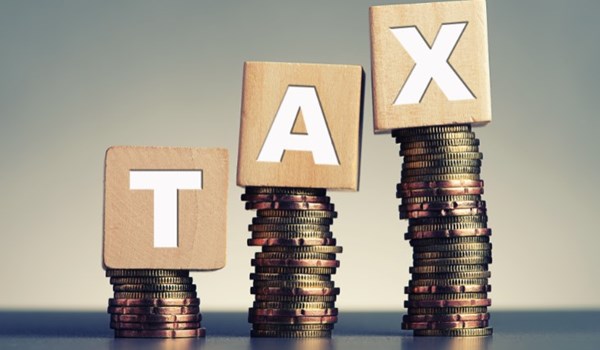Jurisdictions
Regions
Industry Sectors
16/08/21
INTERNATIONAL TAX: IBC directors could feel pinch of revised laws in St Lucia.

As published on jamaicaobserver.com, Sunday 15 August, 2021.
DIRECTORS of companies formerly benefiting from the low tax regime under the International Business Companies (IBC) Act in St Lucia could now feel the burden of changes to those laws, which took effect on July 1.
Vice-president and head of tax advisory at Sygnus, Denzil Whyte explained on Taking Stock with Kalilah Reynolds that in the past, IBCs – particularly in St Lucia and Barbados – were a feature of tax planning for peoplr rsons who had investments in the Caribbean.
According to Whyte, it afforded them several tax efficiencies through the Caricom double taxation treaty as well as other features in relation to low information requests and low taxation. This includes low income tax, withholding tax, transfer tax and the avoidance of double taxation.
“Companies had IBCs as a favoured destination to actually root their asset-holding companies in,” he said.
Publicly listed IBCs on the Jamaica Stock Exchange that have been benefiting from St Lucia's low tax incentives include: Mayberry Jamaican Equities, Sygnus Credit Investments, Sterling Investments and PROVEN Investments.
Prior to the revision of the Acts, Whyte said companies which rooted their operations in St Lucia had the option of selecting either a zero per cent or one per cent charge on their net income as an IBC. In Barbados, a 2.5 per cent tax rate was applied up to June 30.
In Barbados today, instead of that 2.5 per cent the former IBCs now have the same tax rate that applies to a regular company, which ranges from 1 per cent to 5.5 per cent depending on the level of income while in St Lucia, the tax rate is now 30 per cent on St Lucian source income.
Whyte further explained that the 30 per cent in St Lucia will not apply to IBCs making most of their income from another jurisdiction, which comes as good news for those companies in Jamaica incorporated there.
However, he cautioned that other things might apply under the revisions. For instance, he said directors are now being faced with a 25 per cent withholding tax on their fees.
“If that IBC is paying out management fees, it's going to have 25 per cent withholding tax. Dividend is something that will remain at zero coming out of the IBC but I know a lot of the directors never realised that they would actually be faced with tax on their directors' fees; that really is subject to tax in the country that is making the payment based on the Caricom double taxation treaty,” he said.
At the same time, Whyte said directors with heavy influence could force their companies to bear the new taxes.
“Some of these directors may actually have sway within the company to say that their directors' fee should remain net of tax, which would mean if the directors don't bear the tax, the companies will have to bear the tax for the directors,” he said.
“There are also restrictions in relation to the deduction of management fee expenses in St Lucia now. It's now restricted to one-tenth of the other expenses. That wasn't a major issue when the tax rate was low but when the tax rate is higher, you would see that it results in a higher base for tax to be applied on,” he added.
In the meantime, similar IBCs in Barbados are not challenged with that withholding tax.
Whyte said the changes to the IBC Act in both countries were influenced by the Organization for Economic Co-operation and Development's (OECD's) decision to blacklist them back in 2017 due to BEPS (base erosion and profit shifting) issues.
The OECD saw their regimes as a threat to higher-tax jurisdiction countries, as companies that wanted to get low tax benefits would shift their profits from those higher-tax jurisdictions to the low-tax jurisdictions, which then affected the home country's ability to meet their own financial obligations.
“When you are blacklisted a lot of countries and companies don't want to do business with you and I guess that's what prompted them to move, and they moved pretty swiftly because by 2018 both countries actually came up with a plan that was accepted by OECD, so much so that they were removed from the blacklist,” said Whyte.
In the present context, the OECD has also partnered with the world's most powerful economies (G20) to propose a minimum business tax on the profits of big corporations like Google and Amazon. The new tax regime is scheduled to be implemented in 2023 and will generate about $150 billion in global tax revenues annually.
The inclusive framework also seeks to have the basis of taxation moved from the company's tax residency to their tax market (ie where they offer their products and services).



